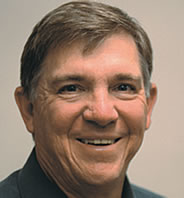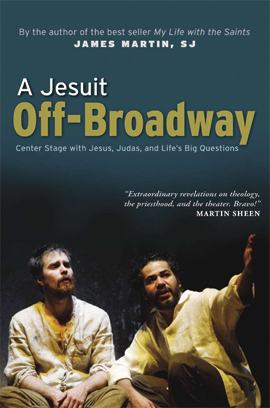
"The Book of Catholic Jokes,"
by Deacon Tom Sheridan
Did you know that they had automobiles in Jesus' time?
Yes, the Bible says that the disciples were all of one Accord.
Yeah, you may have heard some of them before.
And yes, Tom Sheridan admits that some of these may have been jokes to which a Catholic angle has been added to make them churchy.
But Sheridan, who was a writer and editor for the Chicago Sun-Times before he was a deacon, has nicely selected jokes that folks with decent moral standards can tell in polite company, and Acta Publications has packaged them well as a handy little and inexpensive paperback.
Did you hear the one about the man who opened a dry-cleaning business next door to the convent? He knocked on the door and asked the Mother Superior if she had any dirty habits.
To be sure there are some clinkers in the bunch, and some moldy oldies. And I don't know why every priest in a joke has to have an Irish surname; hell0 -- you don't have to be Irish to be a priest, or to be funny.
With most of the quips you don't have to be an "insider," so to speak, although I'm not sure the jokes that take off on the differences between, say, the Franciscans and the Jesuits, aren't going to have some Catholics scratching their heads. But maybe not.
For the most part the collection is good stuff -- good enough to make you crack a smile even though you may have heard them before.
There's at least one great priest golf joke, a cute one about a rabbi and a priest, a funny Pope Benedict XVI joke and a clever atheist joke. And as someone who can rarely remember a joke, what a good resource; I'm sure "The Book of Catholic Jokes" will end up on a number of reference shelves in rectories. -- bz
One Sunday morning a priest saw a little boy staring intently at the large plaque on the church wall. The plaque was covered with names, and flags hung on either side of it.
"Father," asked the boy, "what's this?"
He replied, "It's a memorial to all the men and women who died in the service."
They stood together in silence for a moment. Finally, the boy asked with genuine concern: "Was it at the eight or the ten-thirty Mass?"




